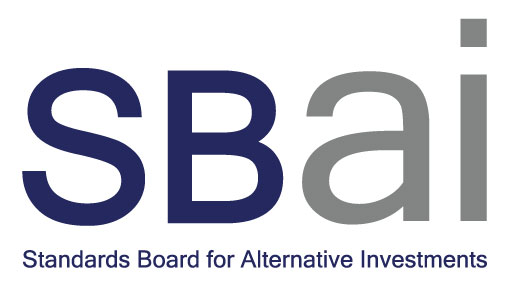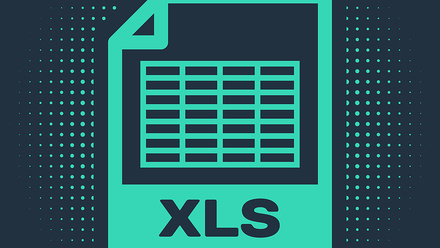Principles for GHG-Emission Accounting in Alternative Strategies
Many institutional investors have formulated strategies to actively support and benefit from the transition towards a decarbonised economy, as well as manage risks associated with this transition. As part of this, investors increasingly seek to measure and track the GHG-emissions associated with their portfolios – giving rise to the need for standardised GHG accounting and reporting.
The data can be used in different ways, including monitoring risks associated with GHG-emissions, understanding “impact” by measuring progress in achieving explicit GHG reduction targets at portfolio (or company) level, and reporting to stakeholders.
This document has relevance for investment managers and investors who manage portfolios with derivative and/or short positions in relation to listed and unlisted equity, corporate bonds and business loans, project finance, commercial real estate, mortgages, motor vehicle loans, and sovereign debt. In later modules to this guidance we will explore further assets used by alternative investment managers to determine relevance in GHG-emission accounting, including for example FX, commodities, etc.
The framework has been developed by the SBAI Responsible Investment Working Group, comprised of leading alternative investment managers and institutional investors.




